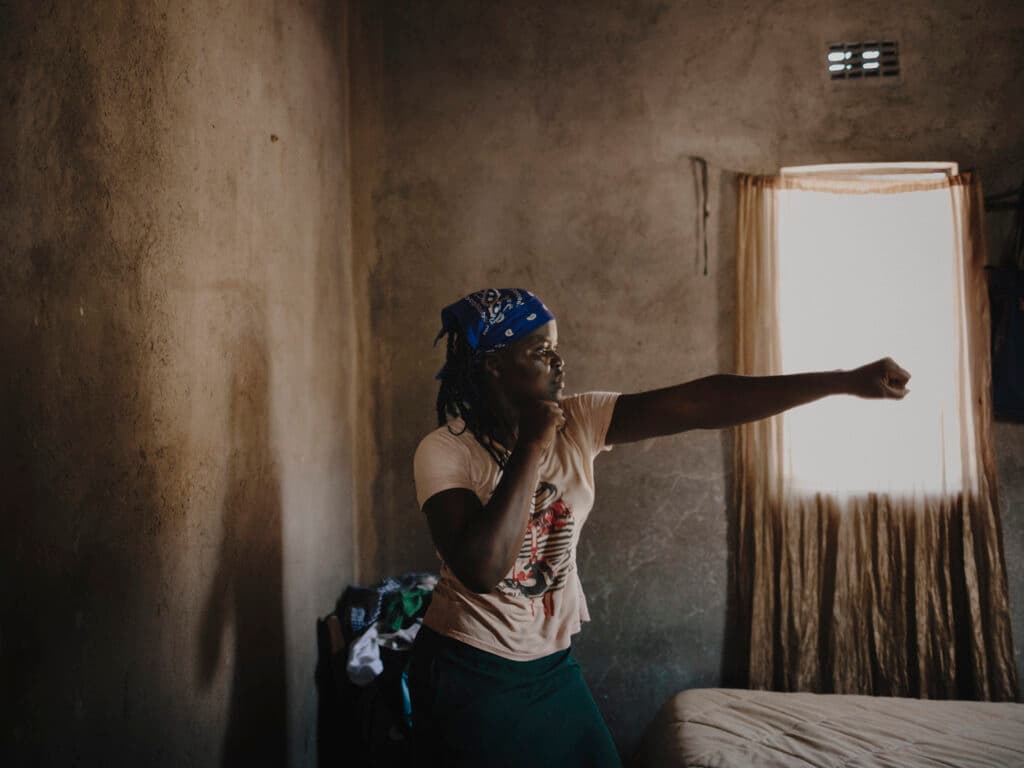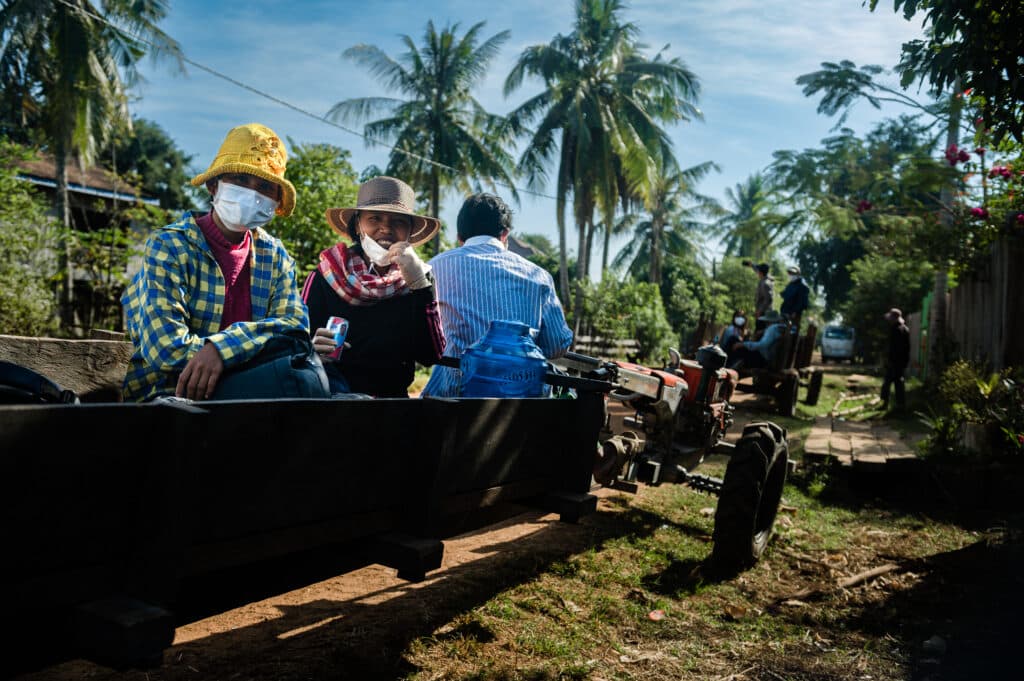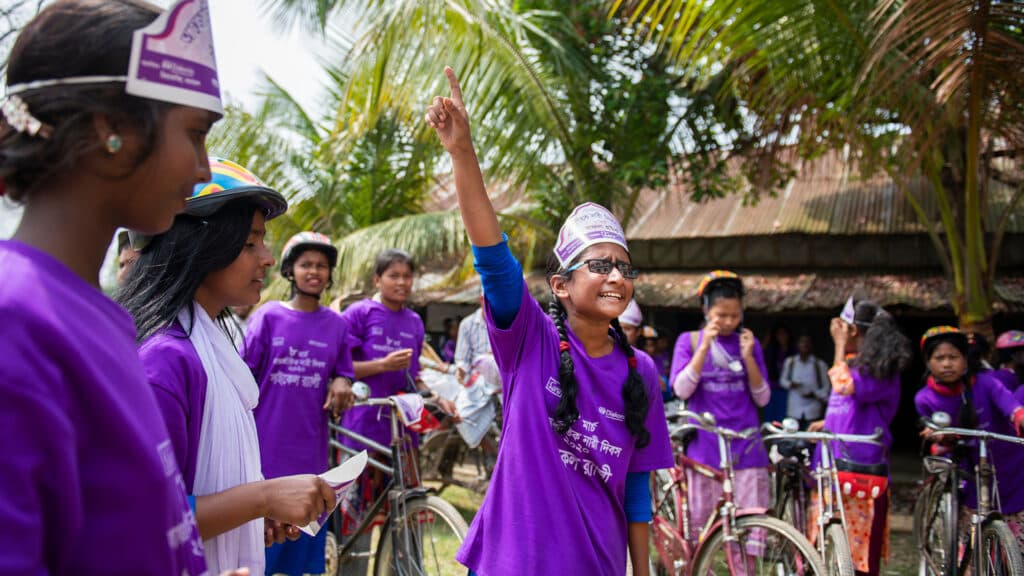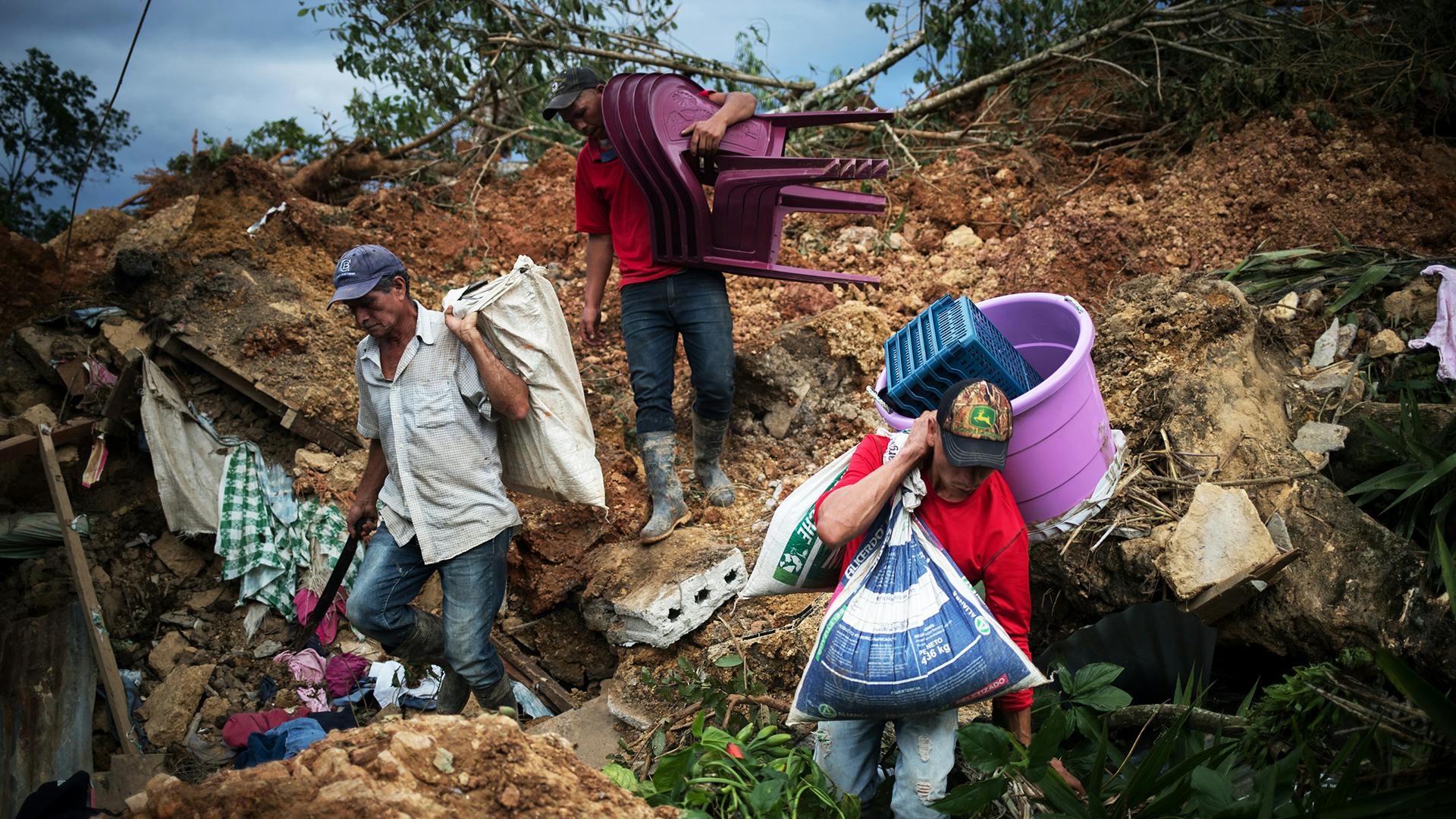
Humanitarian assistance
When a disaster takes place, the characteristics of Diakonia’s work change. In the initial phase, the goal is to save lives. This is followed by the reconstruction phase, which is gradually integrated into Diakonia’s long-term work for development, human rights and democracy.
Extensive experience
Diakonia has an extensive record of humanitarian work and since our foundation in 1966, we have gained substantial experience in helping people affected by disasters and conflict.
Diakonia works with rapid-onset disasters such as cyclones and floods, with slow-onset disasters caused by drought, with long-term, complex crises caused primarily by war and conflict, and with complex emergencies that form part of a vicious circle of poverty and climate change. By having updated contingency plans in countries where Diakonia works with humanitarian assistance, Diakonia ensures that our humanitarian work is context specific, relevant and carried out through competent partners.
Diakonia and the partner organizations are committed to meeting set international humanitarian standards, such as Sphere to ensure an affirmation of the right to life and dignity, and CHS (Core Humanitarian Standards) for quality and accountability in providing humanitarian assistance.
Local capacity in areas in which we work
An important factor in Diakonia’s humanitarian efforts is that Diakonia’s local partners are present before, during and after a humanitarian crisis occurs. The local partners know how to utilise existing local structures and are familiar with the local population and the social, economic and cultural conditions that prevail. This contributes to rapid, flexible, and effective humanitarian work, performed in collaboration with the affected population, rights holders, and other actors at local, national and international level. This local capacity therefore allows for a needs-based approach and the close connection between the local partners and the rights holders makes it possible for the community to hold Diakonia and our partners accountable.
Collaboration and coordination
Collaboration and coordination are the keys to effective humanitarian work. Diakonia and our partner organizations seek to coordinate our humanitarian efforts with the relevant levels of government, international NGOs, local civil society players, UN agencies and others in order to contribute to a coherent and efficient humanitarian response. For example, as part of the ACT Alliance, one of the world’s largest international humanitarian networks, Diakonia plays a coordinating and collaborating role, ensuring we are able to provide support in places that other organizations might have difficulty reaching. Here, our country offices constitute a strong added value, as their contextual knowledge and networks enable them to act quickly with relevant humanitarian projects.
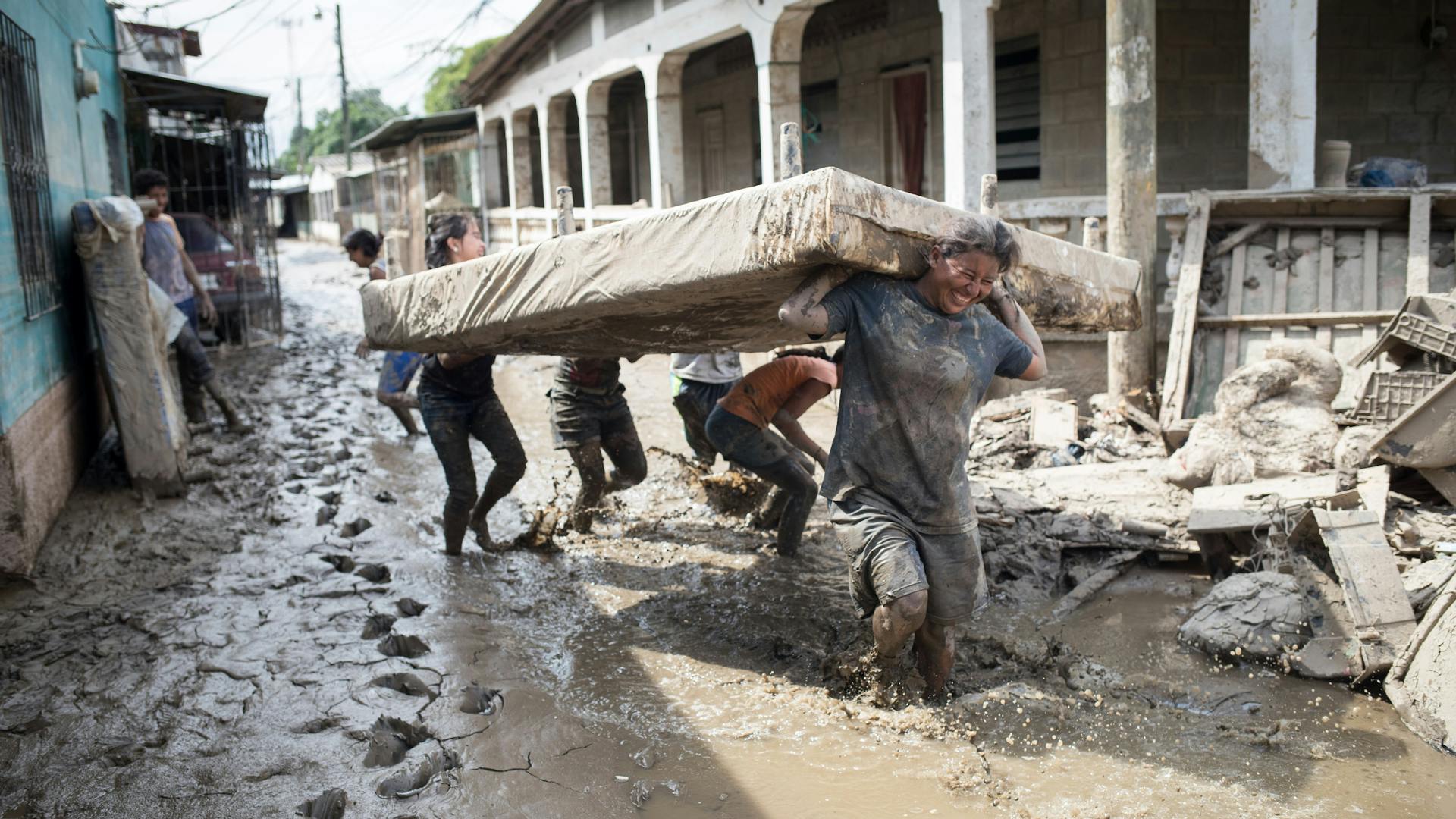
Linking relief to development and preparing for future disasters
Diakonia and our partner organizations have witnessed clear benefits of linking relief and development, as well as strategically working for disaster risk reduction and resilience in all efforts. Many humanitarian crises today are man-made or have been more or less exacerbated by human beings. By supporting partners and local communities before, during and after a humanitarian crisis, the population will be better prepared to prevent or deal with and recover from future disasters. Diakonia therefore engages itself in capacity and resilience building of rights holders and partner organizations.
Support from donors and sponsors
In the first stage of a humanitarian crisis, Diakonia can provide food, clean water, shelter, protection for vulnerable groups and cash for local purchases, as well as meet other needs that are of the highest priority.
Gifts from Swedish individuals, associations and congregations are of great importance for Diakonia’s humanitarian work. They enable Diakonia to continue to support the people affected throughout the crisis phase. This is especially important when Diakonia is involved in forgotten humanitarian crises that are not highlighted by the international community and/or media.
Diakonia also seeks assistance from other donors such as Radiohjälpen (the Swedish public service broadcaster’s fundraising body), the Swedish International Development Cooperation Agency (Sida) and the EU. We also seek cooperation within the ACT Alliance in order to ensure our efforts are as effective as possible.
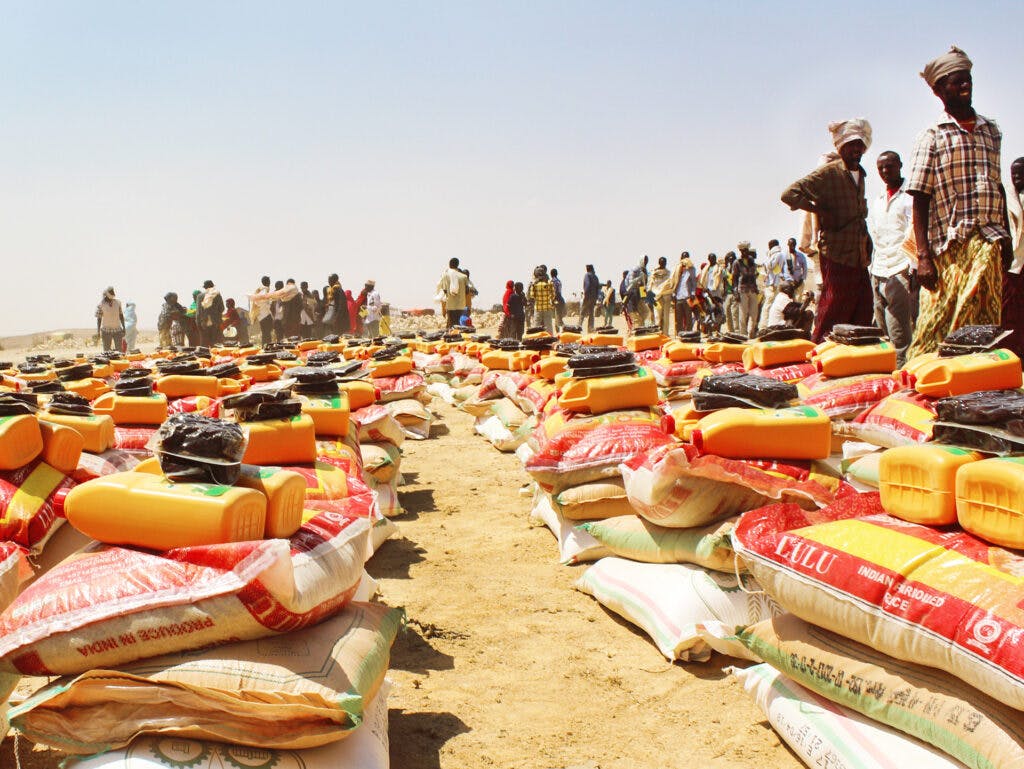
Humanity and impartiality
As a humanitarian actor, Diakonia is committed to upholding the fundamental principles of humanity and impartiality. This means that humanitarian suffering must be addressed wherever it is found, with a particular focus on the most vulnerable, and that aid must be provided solely on the basis of need, irrespective of ethnicity, religion, etc. Therefore, Diakonia is a signatory of our Code of Conduct in which the humanitarian principles are stipulated, including the principles of independence and neutrality.
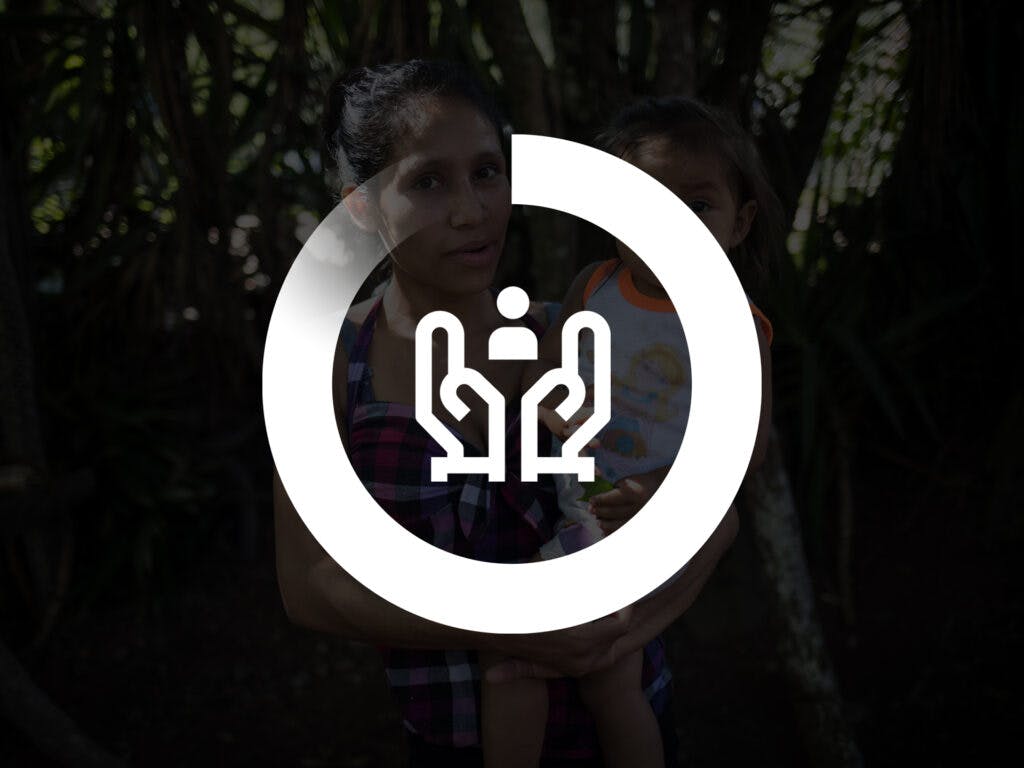
Humanitarian toolbox
Diakonias tool kit for humanitarian interventions include information about Humanitarian Contingency Planning, Assessment, Project Design, Baseline, Monitoring and Evaluation.
If you are interested in our tool kit please contact our humanitarian advisor, Juan Posada Burbano.
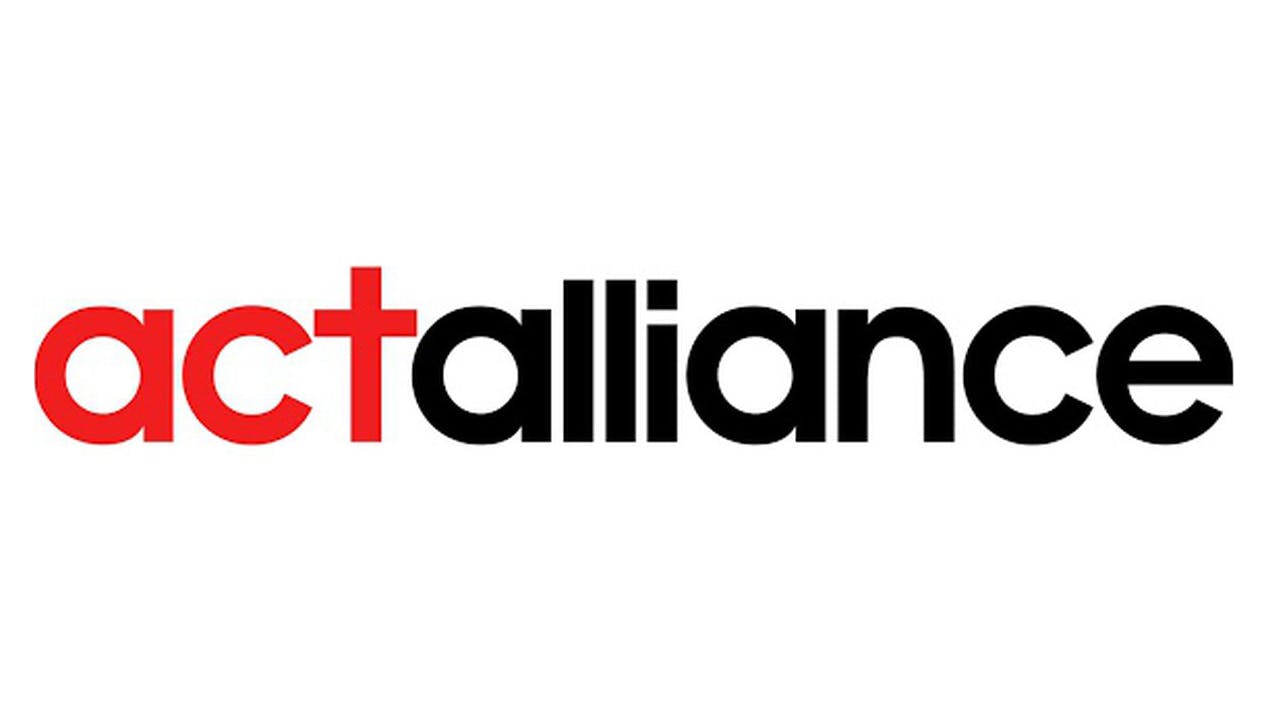
ACT Alliance
Diakonia is a member of ACT Alliance – one of the world’s largest international disaster networks. ACT coordinates emergency relief in response to disasters all over the world.
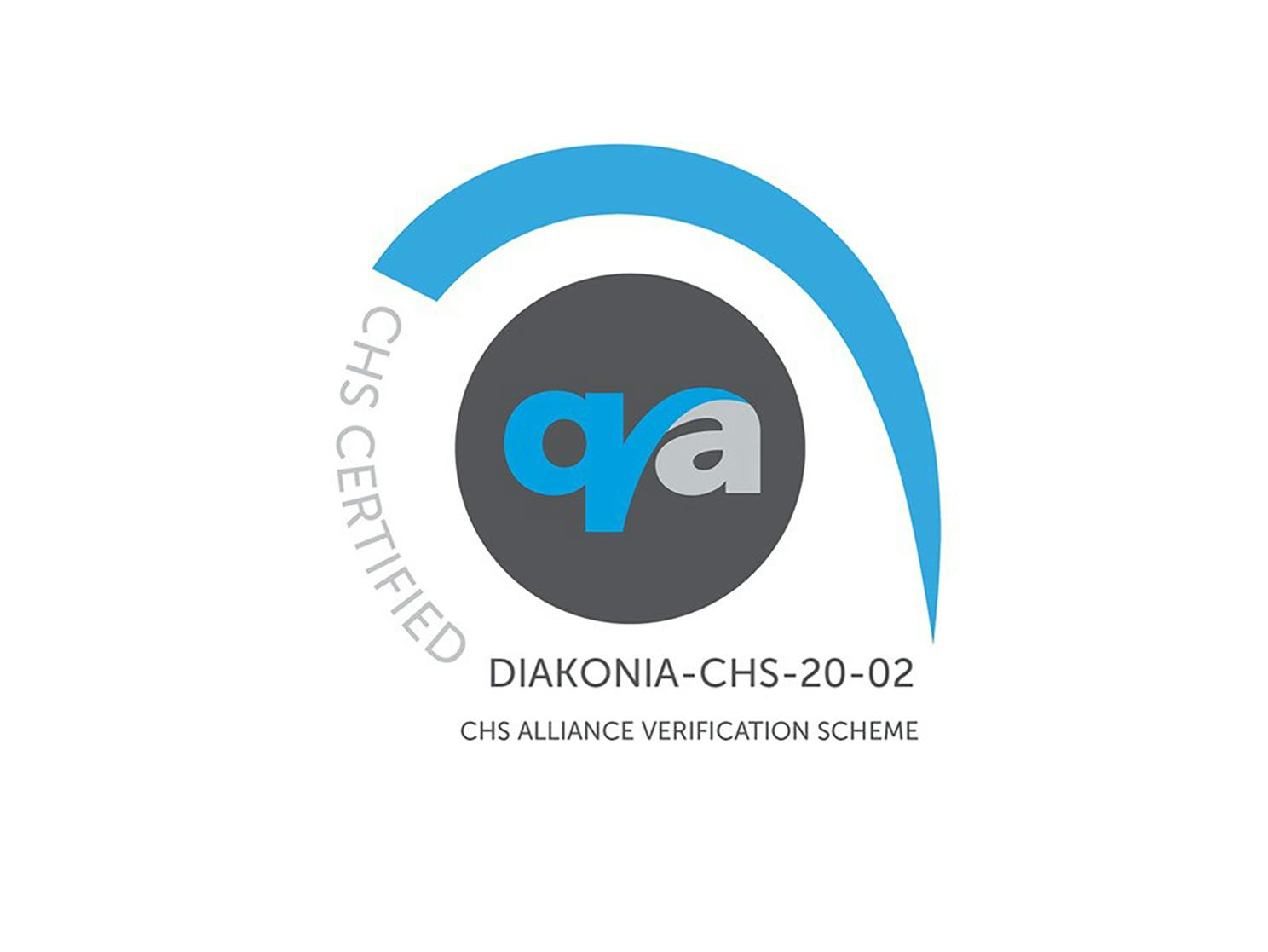
Core Humanitarian Standards
The Core Humanitarian Standards (CHS) consist of nine commitments meant to strengthen the quality and accountability of humanitarian assistance. Diakonia has been a member of the CHS Alliance since 2015.
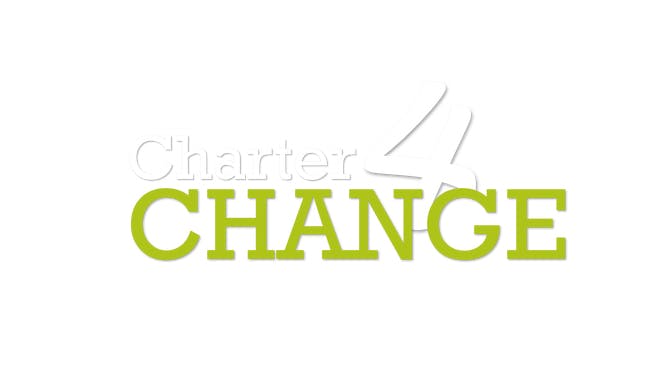
Charter4Change
Charter4Change is an initiative, led by both national and international NGOs, to practically implement changes to the way the humanitarian system operates to enable more locally led response. Diakonia has been a signatory of Charter4Change since its inception.
